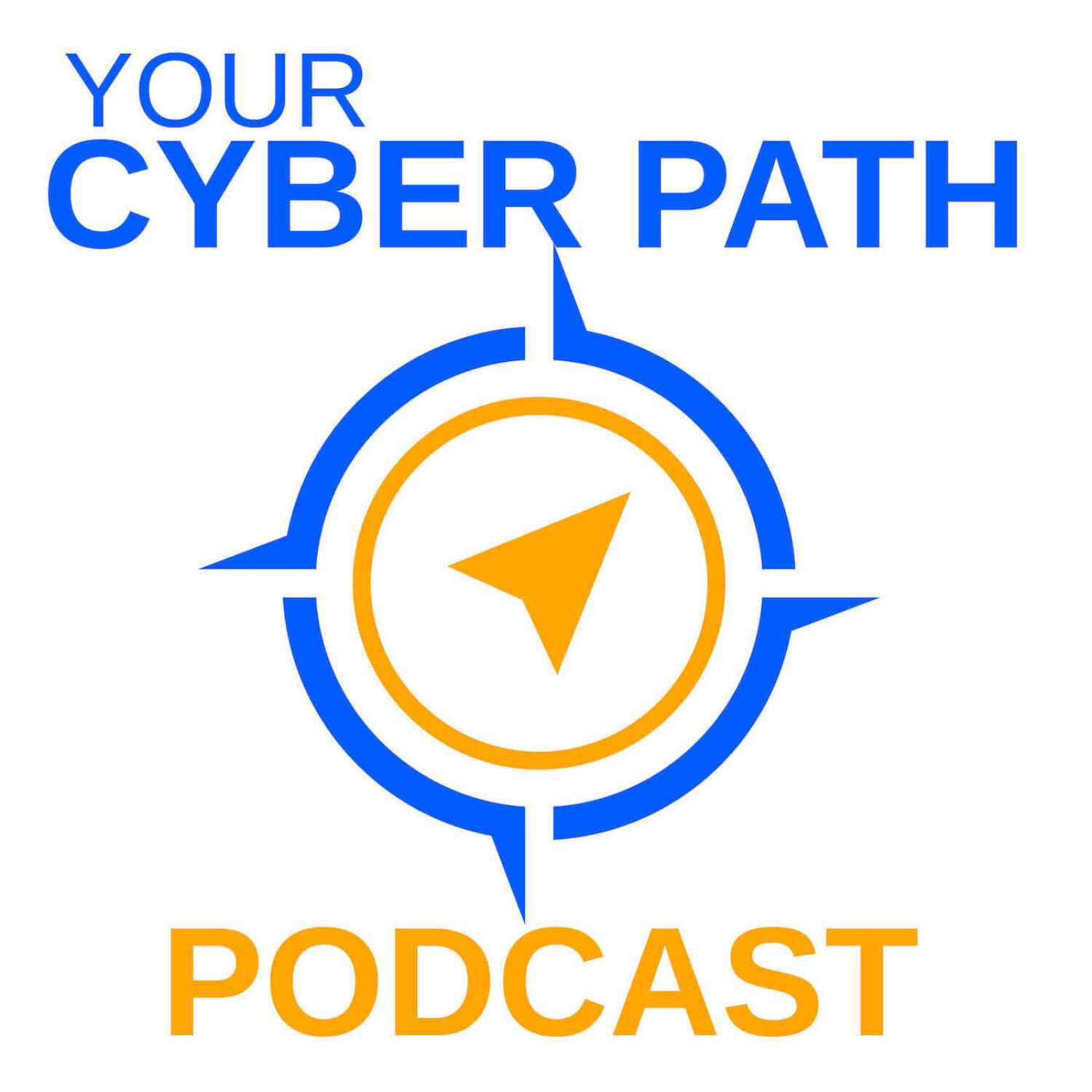EP 56: Cybersecurity careers in the Defense sector

https://www.yourcyberpath.com/56
\n\nIn this episode, we provided an introduction to cybersecurity careers in the defense sector within the United States. This discussion can provide you with a great starting point for understanding how to get a cybersecurity position within this sector of the industry.
\n\nThe defense sector consists of three main categories of positions: military members, government civilians, and government contractors. The defense sector is a huge area of growth in the cybersecurity industry, with over 50% of all federal government cybersecurity spending being dedicated to the Department of Defense\u2019s budget for digital security in the United States. This equates to a lot of cybersecurity work and positions being made available within the industry for qualified and cleared individuals.
\n\nAs we went through the episode, we covered all three areas and types of positions available in the defense industry. We discussed the advantages and disadvantages of joining the military or the reserve forces in order to get a cybersecurity position. For example, if you join the military, they will provide you with all of the training and qualifications necessary to become a talented cyber defense professional. We also covered the role of government civilians and the lengthy application process they undergo to land one of these positions. There is usually a lot of competition for these positions and a lot of \u201cpreference factors\u201d that they use in determining who to hire for these positions. Finally, we covered the work of government contractors, which consists of the commercial companies involved with conducting business for the government.
\n\nFor many defense sector cybersecurity positions, it is important to maintain a Secret or Top-Secret security clearance. This is another lengthy process, unfortunately, and can take between 6 to 18 months to finalize your investigation and get awarded a clearance. Due to this, those that have already received a validated security clearance have a significant advantage in getting hired those who are waiting for one or simply do not have one yet. The requirements for the Cyber Security Workforce (CSWF) requirements and certifications were also discussed.
\n\nAs we discussed in the episode, there are a lot of other differences between applying for a civilian or contractor job inside of the defense industry, especially in terms of the position description and the way you will write your resume. If you want to land a contract position, you should visit the company\u2019s website or any of the major job boards like LinkedIn, Monster, etc. If you want to land a government civilian position, then you should visit their central repository at USA Jobs.
\n\nWhat You\u2019ll Learn
\n\n\u25cf\xa0\xa0\xa0\xa0\xa0What is the defense sector?
\n\n\u25cf\xa0\xa0\xa0\xa0\xa0What are the three different types of positions available to work for the government?
\n\n\u25cf\xa0\xa0\xa0\xa0\xa0What type of requirements are needed to get a job in the defense sector?
\n\n\u25cf\xa0\xa0\xa0\xa0\xa0What type of roles are there in the defense sector?
\n\n\u25cf\xa0\xa0\xa0\xa0\xa0Are there any differences when applying for a civilian or contractor position?
\n\nRelevant Websites for This Episode
\n\n\u25cf\xa0\xa0\xa0\xa0\xa0www.YourCyberPath.com
\n\n\u25cf\xa0\xa0\xa0\xa0\xa0www.HiredIn21Days.com
\n\n\u25cf\xa0\xa0\xa0\xa0\xa0www.linkedin.com
\n\n\u25cf\xa0\xa0\xa0\xa0\xa0www.monster.com
\n\n\u25cf\xa0\xa0\xa0\xa0\xa0www.usajobs.gov